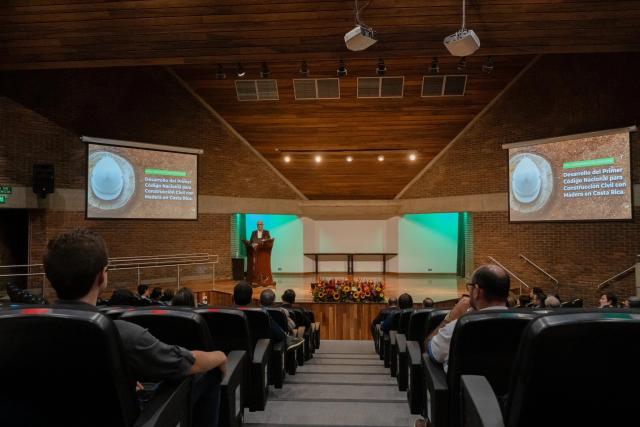Support to the sustainable management of forests
In execution
©Kevin Alfaro-Jiménez
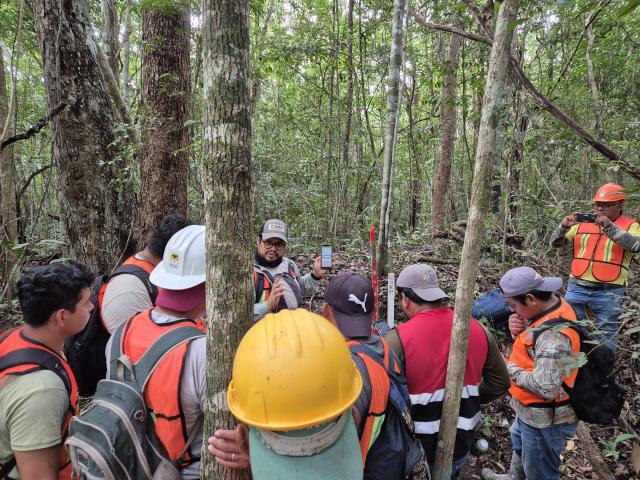
Preview
Donor(s)
- Luxembourg
Implementation period
01.07.2023 - 30.06.2028
Total duration
60 months
Context
Central America contains approximately 8% of the planet’s biological diversity, with a remarkable forest cover that exceeds 50% of the land area in several countries. However, countries in the region face persistent challenges that hinder the sustainable use of forest resources and the development of profitable forest-based enterprises. These include illegal logging, informality, weak business structures, limited stakeholder coordination, insufficient financing, and gaps in technical, productive, and marketing capacities.
To fully harness the potential for the sustainable development of their forest resources, Mexico and Central American countries must adopt efficient production systems and urgently optimise their forest value chains. Addressing these challenges in a timely and strategic manner will allow forest ecosystems to become a core component of inclusive economic development—enhancing rural competitiveness, fostering social inclusion, and creating incentives to curb deforestation and mitigate the impacts of the climate crisis.
Objectives
The project is structured around three strategic axes that contribute to creating an enabling environment for inclusive, resilient, and sustainable forest management:
- axis 1 focuses on providing technical assistance to investments supported by Luxembourg’s Forestry and Climate Change Fund (FCCF). This includes support in market access, business efficiency, investment readiness, income diversification, forest productivity, and industry collaboration.
- axis 2 aims to strengthen forest value chains in Costa Rica, enhancing their profitability, competitiveness, and market integration.
- axis 3 promotes the social inclusion of women and youth within these value chains, improving access to financing and fostering stronger linkages among forestry stakeholders to influence sectoral policies.
Beneficiaries
Axis 1 supports two main groups:
- local companies partnered with the FCCF;
- local communities (ejidos and concessions) and individual landowners managing secondary or degraded forests under long-term schemes.
Axes 2 and 3 benefit five key groups:
- forest owners;
- actors involved in the extraction and transformation of timber and non-timber products;
- trade organisations;
- public and private institutions;
- women and youth engaged in the forestry value chain.
Target geographical area
The geographical focus varies by axis. The areas where the FCCF investments are active extend from southern Mexico to northern Colombia. Axes 2 and 3 are implemented across Costa Rica, with a focus—though not exclusively—on regions with a strong forestry tradition.
Stakeholders
Key stakeholders include, at the regional level, Investing for Development (IforD), FCCF partner companies, and technical assistance providers. In Costa Rica, the project is implemented with the Ministry of Environment and Energy (MINAE), the National Forestry Office (ONF), the Costa Rican Forestry Chamber, Madera e Industria, local forestry development organisations, financial institutions such as FONAFIFO, service providers, and academic institutions.
Additionally, future collaboration is envisioned with the Luxembourg Institute of Science and Technology (LIST) and Luxinnovation’s Wood Cluster.
Sustainable Development Goals
-

13. Climate action
-

15. Life on land
Budget
Total budget
EUR 7,500,000
Contribution breakdown
-
EUR 7,500,000
Ministry of Foreign and European Affairs, Defence, Development Cooperation and Foreign Trade
News
Explore more
LuxDev implements other projects and programmes in the same country or sector.
All projects-
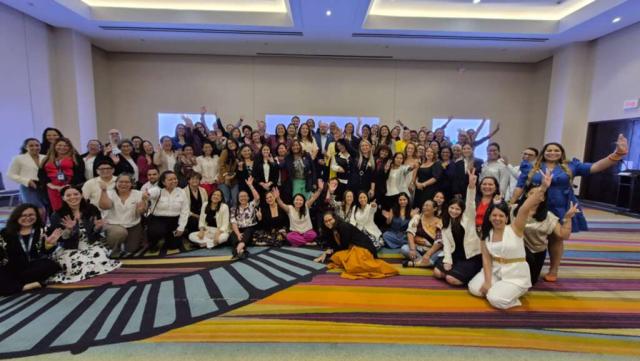
In execution Latin America and the Caribbean
Female Entrepreneurship Fund - Technical Assistance Facility
Impact finance
Female Entrepreneurship Fund - Technical Assistance Facility -
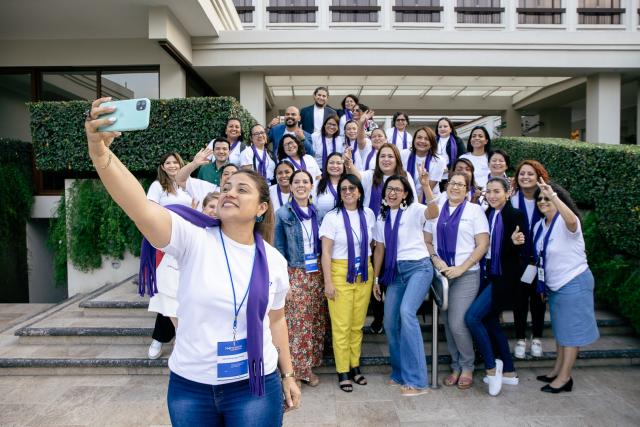
In execution Latin America and the Caribbean
Contribution to the Female Entrepreneurship Fund (FEF)
Impact finance
Contribution to the Female Entrepreneurship Fund (FEF) -
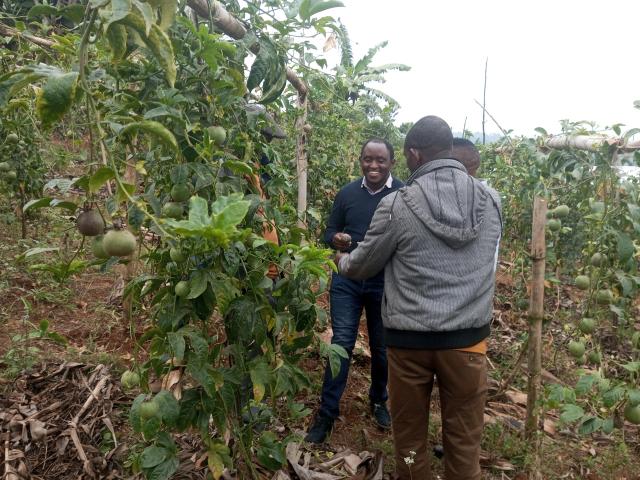
In execution Rwanda
Transformation towards sustainable food systems (Kwihaza)
Agriculture, forestry and fishery
Transformation towards sustainable food systems (Kwihaza)

